On Air Now
Classic FM Breakfast with Dan Walker 6:30am - 9am
23 March 2023, 16:36 | Updated: 23 March 2023, 16:45
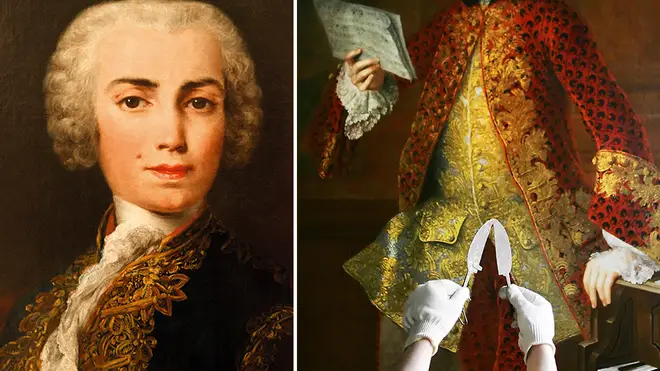
For a solid portion of musical history, castrato singers or ‘castrati’ had a prominent role in operas, churches and courts across Europe. But why were young boys forced to undergo the gruesome operation? And how did it affect their voices?
A castrato is a male singer who was castrated before puberty. The immediate effect on their voice was that they retained the high notes and range of their immature voice, but the operation also had a variety of other effects.
The lack of testosterone meant that the singers’ bones didn’t harden – so their bones usually grew unusually long. So castratos were a) very tall and b) had very large rib cages, giving them a vast amount of breath capacity.
Castrato singers, or ‘castrati’ in Italian, could wow audiences by holding notes for a superhuman amount of time as well as singing higher than a naturally matured male voice could.
Read more: The ‘Shame Flute’ was used to punish bad musicians in the Middle Ages
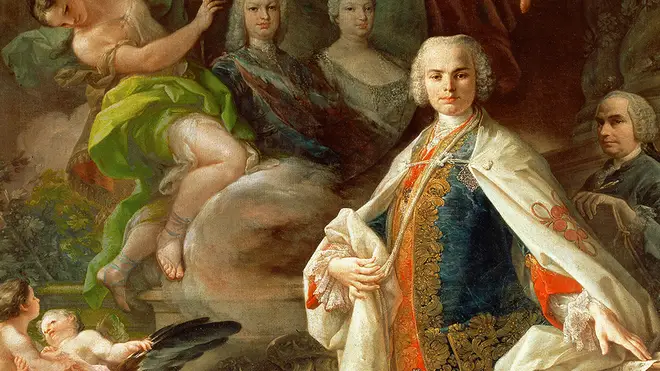
In 400 AD in Constantinople, the empress Aelia Eudoxia had a eunuch choir-master, Brison (sidenote: eunuchs were castrated after puberty, so the operation didn’t necessarily have an impact on their voice).
But castrato singers first appeared in Europe in the mid-16th century. In 1589 a Papal bill was even passed ordering that the young boys and falsetto singers of the choir of St Peter’s in Rome be replaced by castratos.
Castrato singers appeared in Paris, Munich and they also made up the high-voice parts of the Sistine Chapel Choir.
The operation was never legal, however, so it would have been done by decidedly dodgy surgeons. And families came up with complex backstories to the “accidents” that had befallen the boys – from falling off a horse to being attacked by a wild boar.
Read more: What’s the difference between a soprano and a mezzo? An opera singer explains
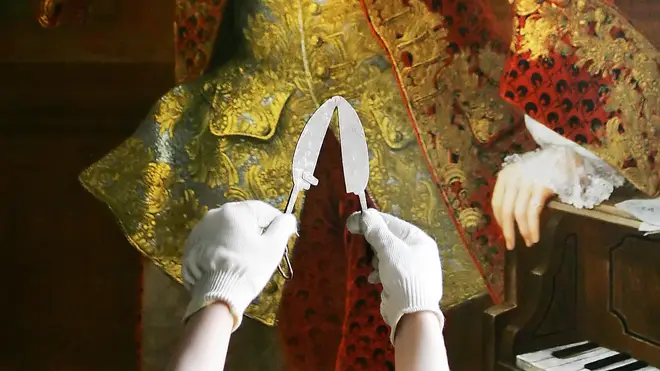
But the golden age of the castrati came in the 17th and 18th centuries when they became the stars of the opera stage.
Francesco Bernardi – or Senesino as he become known – was born in 1686 and went on to appear in many of Handel’s works, including the operas Giulio Cesare and Rodelinda.
One contemporary account says: “He had a powerful, clear, equal and sweet contralto voice, with a perfect intonation and an excellent shake. His manner of singing was masterly and his elocution unrivalled… he sang allegros with great fire, and marked rapid divisions, from the chest, in an articular and pleasing manner.”
Read more: What is it like to sing the top C in Allegri’s Miserere? We asked a boy treble
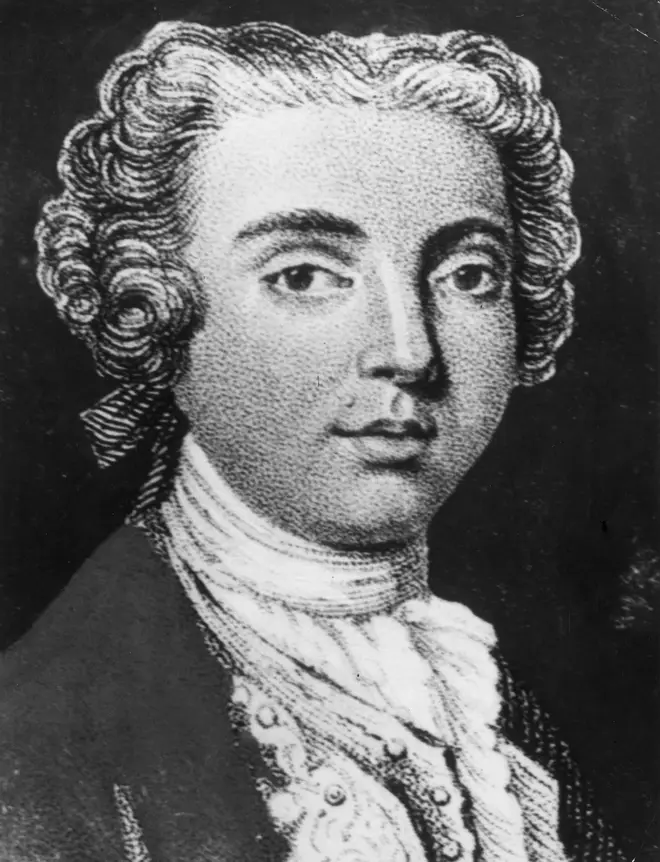
Farinelli came a little later but quickly rose to become one of the most famous musicians of his age. Born Carlo Maria Michelangelo Nicola Broschi in 1705, his parents probably decided to find someone to operate on him as a result of his father’s death – having a castrato in the family could bring in a lot of money.
Have a listen below to an aria from Handel’s Giulio Cesare, performed by countertenor David Daniels. This role would originally have been performed by a castrato.

Giulio Cesare: "Va, tacito" (David Daniels)
One musicians who heard him sing in Milan in 1726 said: “Farinelli had a penetrating, full, rich, bright and well-modulated soprano voice, with a range at that time from the A below middle C to the D two octaves above middle C…
“His intonation was pure, his trill beautiful, his breath control extraordinary and his throat very agile, so that he performed the widest intervals quickly and the greatest ease and certainty.”
Farinelli also performed music by Handel and went on to become a favourite of European royalty – he was hired by Queen Elisabetta Farnese of Spain to cure the depression of her husband, Philip V.
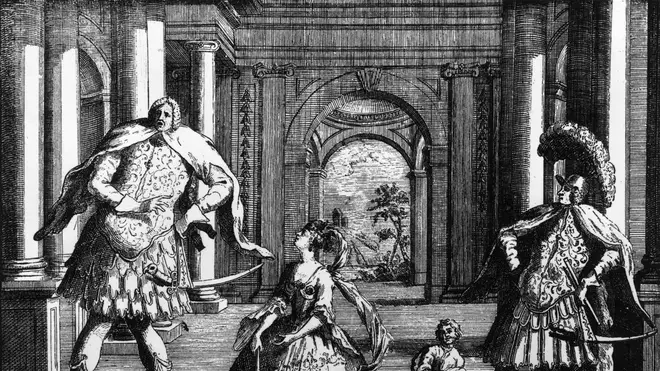
The last role to be written for a castrato was that of Armando in Giacomo Meyebeer’s opera Il crociato in Egitto (The Crusader in Egypt). And castration was made illegal after the unification of Italy in 1861.
But it wasn’t until 1878 that Pope Leo XIII banned the church from hiring castrati. And the official end came in 1903 when Pius X declared, “Whenever it is desirable to to employ the high voices of sopranos and contraltos, these parts must be taken by boys, according to the most ancient usage of the Church.”
Alessandro Moreschi was the last castrato to sing in the Sistine Chapel choir – and an astonishing recording survives of him singing, made in 1902 – he would retire just a few years later in 1913 and died in 1922. So this recording isn’t Moreschi in his prime but it’s the closest we’ll get to hearing a voice that has disappeared forever from the classical world.

Alessandro Moreschi sings Ave Maria (no scratch)